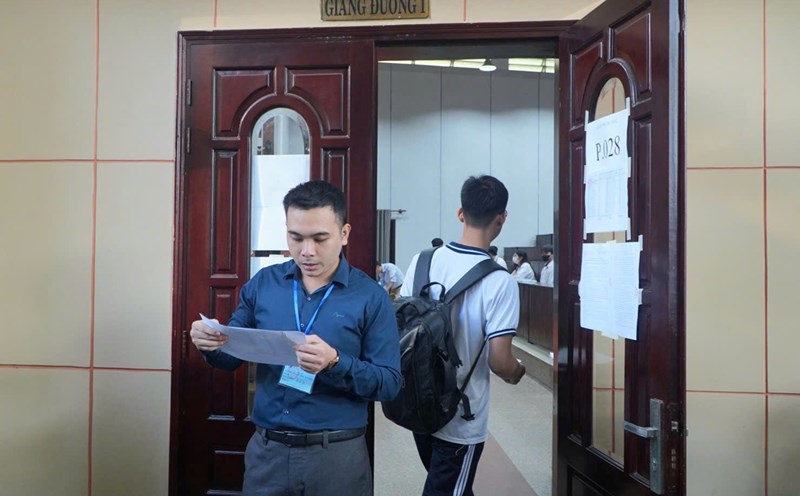The move comes as Trump's 9-day tariff postponement is set to end on July 8 and US Commerce Secretary Howard Lutnick said the president will not extend the tax suspension.
According to the draft letter from the US Trade Representative Office (USTR), the USTR recommends that countries that are actively negotiating submit the best proposals in a number of key areas such as tariffs and import quotas for US industrial and agricultural goods, plans to handle non-tax barriers, commitments on digital trade and economic security, as well as specific bilateral provisions.
The US will assess the responses within a few days and issue a "possible landing zone" that could include counterpart tariffs.
It is unclear which countries will receive this letter, but it is sent to partners with active negotiations, which may include the European Union (EU), Japan, Vietnam and India.
A USTR official confirmed that negotiations are ongoing with multiple key partners and said: Reviewing progress and assessing the next steps is necessary at this time.
Although US officials, including White House economic adviser Kevin Hassett, have repeatedly confirmed that some deals are about to be finalized, so far, only one document has been signed with a major partner, the UK, but it is still more khung-ward than a final agreement.
While the Trump administration is stepping up negotiations, the legality of some key tax policies is being tested in court.
On June 2, the US Department of Justice urgently filed a request to temporarily suspend the validity of a ruling issued on May 29 by federal Judge Rudolph Contreras in the District Court of Appeals. According to the ruling, President Trump has violated his legal authority by imposing widespread import tariffs, including the Literation Day tariffs issued on February 2 for most of the USs major trading partners.
A day earlier, on May 28, the International Court of Commerce in New York also issued a similar ruling, saying that the tariffs issued by the Trump administration violated the International Emergency Economic Powerlifting Act (IEEPA) - a law that is only applied in "unusual and urgent" situations that threaten national security.
The two lawsuits that led to the above judgments all revolved around Mr. Trump citing IEEPA to legalize new tariffs on China, Mexico, Canada and many other partners. Notably, Mr Trump's accusation that the three countries are contributing to the fentanyl flow into the US is noteworthy - something all three have denied.
The ruling of Judge Contreras - although only effective in banning tax from two small businesses from filing lawsuits (Learning Resources Inc and hand2mind, specializing in the production of educational toys) - is of deeper legal nature. The judge firmly affirmed that IEEPA does not give the President the right to impose taxes, going further than the more cautious argument of the International Court of Commerce.
While the International Court of Commerce agreed to suspend the first ruling to allow continued taxation during the appeal period, Judge Contreras' ruling has not been postponed. The Columbia Court of Appeals is expected to issue a decision on the request for a long-term stay later this month.
The above cases are not simply tax policy disputes, but also a test of the US President's power to limit the management of foreign economic policies through tools that are reserved for emergencies only.










